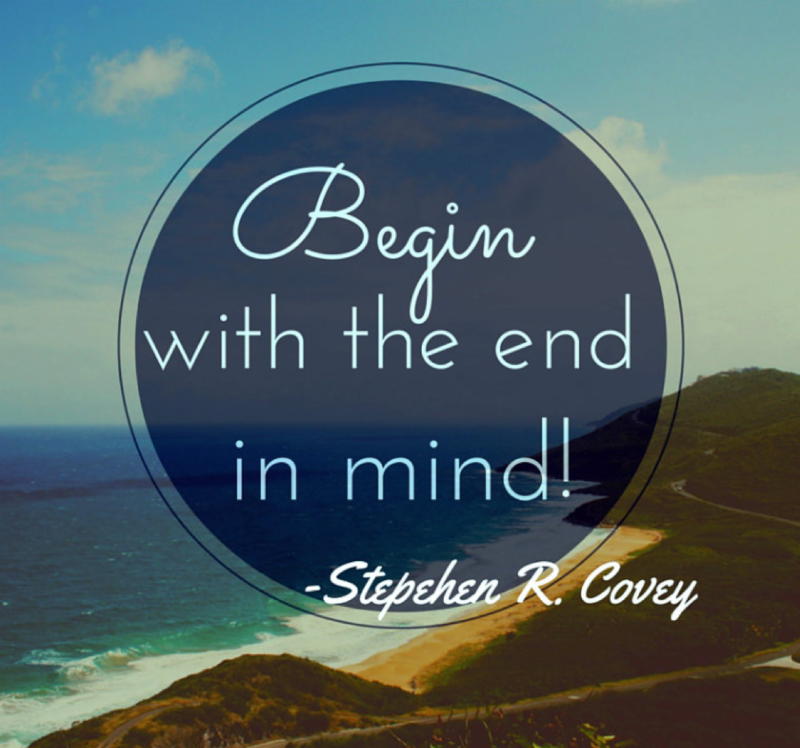Are You Thinking About Becoming a Mentor or a Coach?
Are You Thinking About Becoming a Mentor or a Coach? https://csuiteold.c-suitenetwork.com/advisors/wp-content/themes/csadvisore/images/empty/thumbnail.jpg 150 150 Sharon Livingston https://secure.gravatar.com/avatar/6122da12ec7cdaa17fc4e834f2d749da?s=96&d=mm&r=gWelcome to 10 Tips to Becoming a Successful Coach!
Over the next 10 days I’ll be sharing a series of things to consider if you’re seriously thinking about Professional Coaching as a career.
Mentor vs. Coach?
There’s an important difference. They’re both valuable roles. Coaching focusses on the client. Mentoring is based on the knowledge and skills of the mentor.
Mentors pass down history, traditions, rules and rituals that are associated with success.
Mentors talk and teach. Mentors are often appointed by a corporation or organization because of their successes in their careers. It’s an opportunity for them to tell their stories to others in the company who want to climb up the ranks. They tend to give advice based on what they figured out for themselves in their many years of experiences. It’s an honor to be appointed a mentor. The unspoken rule is that Mentees are expected to listen and follow.
In contrast, Coaches Listen and Guide. A coach will assist, challenge and encourage rather than lead, give orders, instruct or advise. While good coaches do have experience and knowledge in particular areas their role is to understand, motivate and guide rather than train.
As a coach, even though your client came to you for your expertise and reputation; even though they think they want you to solve their challenge and tell them what to do; it’s really not about you and your talents or strengths.
It’s about who they are and their particular journeys. Clients need help in talking about and clarifying their destination – Why they chose it, what the benefits are, what tools they have to get there.
Great coaches listen intently through the filter or their knowledge and experience. They reflect what they understand from interviewing their clients so the clients can better see, embrace and recognize their strengths. Clients are empowered to see themselves as problem solvers for their wants and needs.
So, for example, as a coach it’s better to avoid asking your client a question and then immediately launching into an explanation and your solution to their problem. It’s about what the client believes and needs; what they want to achieve.
Unless you focus on their goal and not what you think it should be they’ll probably remain stuck, which is most likely the main reason they came for your coaching.
You’re the catalyst to their success, not the driver. As you help them identify their dreams, goals, strengths, skills and potential gaps, the road map to their goal will start to take shape in a realizable, step by step plan.
Then you can guide them and hold them accountable along the way.
Thinking about getting certified as a Professional Coach? Want to talk about it? Or any questions you have about professional coaching? Let’s talk and see whether or not it makes sense for you to become a certified professional coach.
To Learn About Our Upcoming Fast Track Certification Workshop This March in New York City
The cost of $75 for the 30 minute consultation can be applied to the TLC Professional Coach Training program if you decide to join.
Tip 2 will be along tomorrow.
Warmest regards,
Sharon 🙂
Dr. Sharon Livingston
603 505 5000 cell


